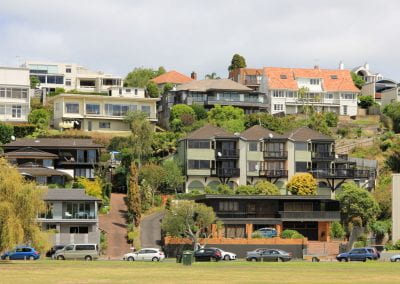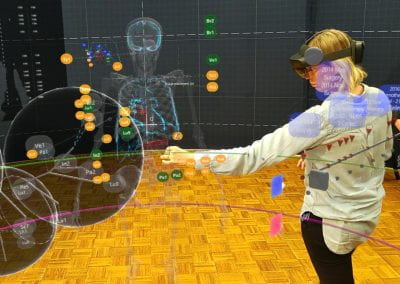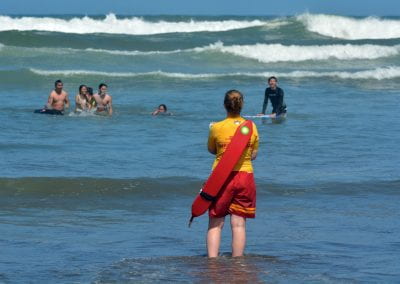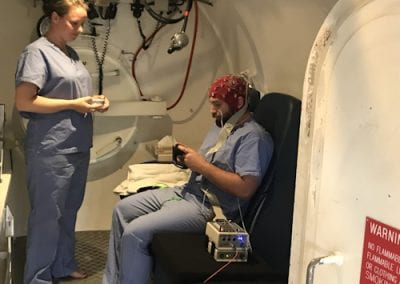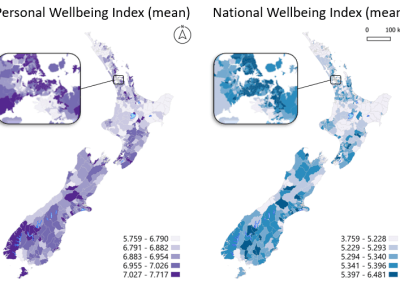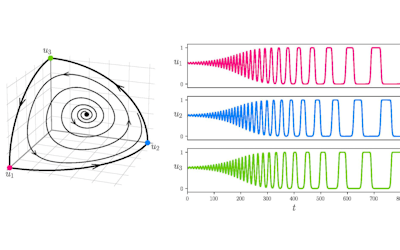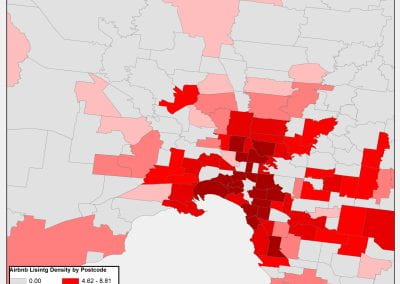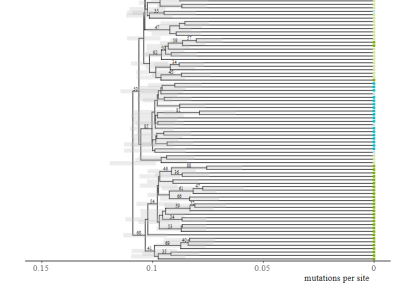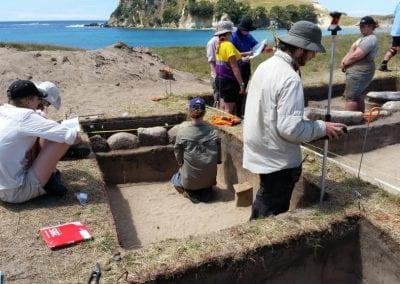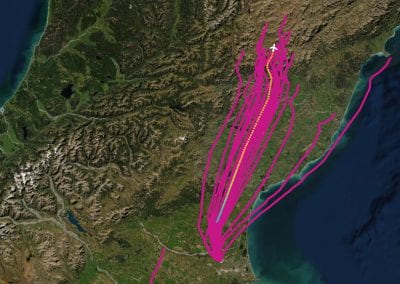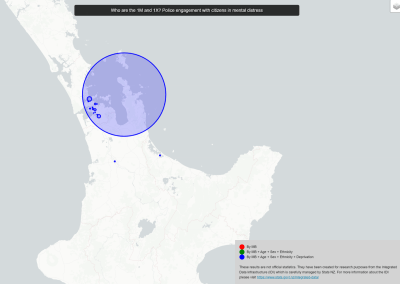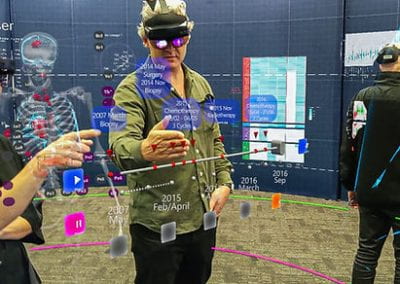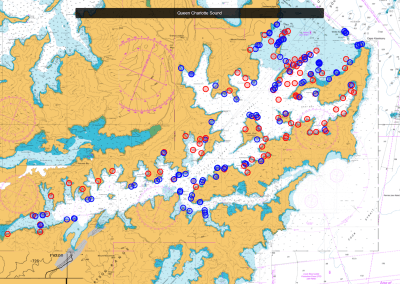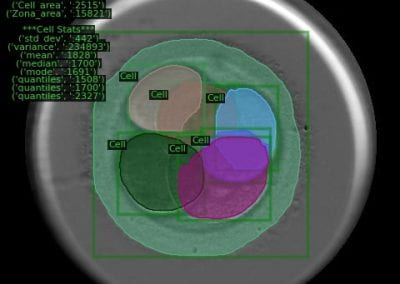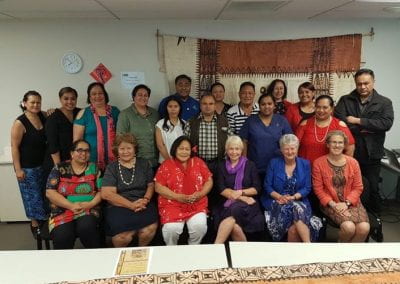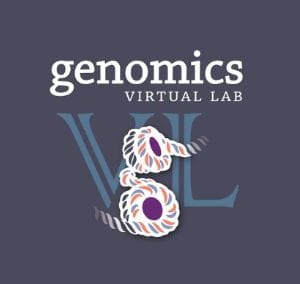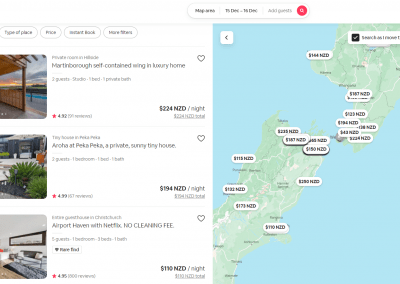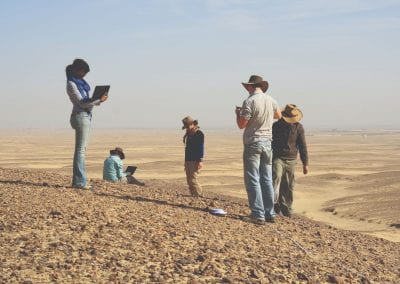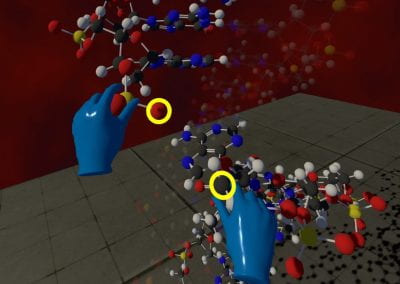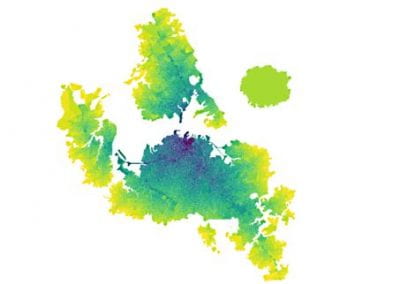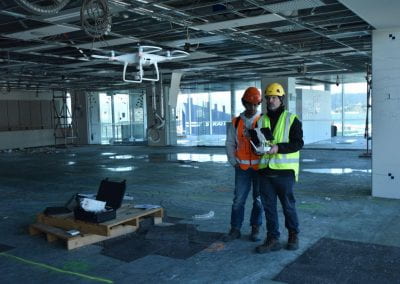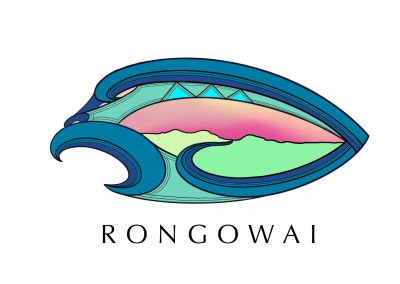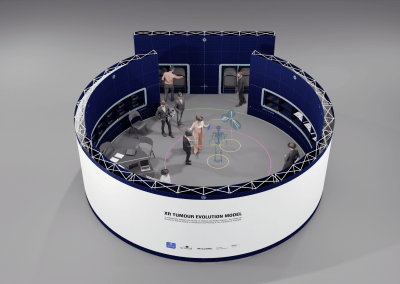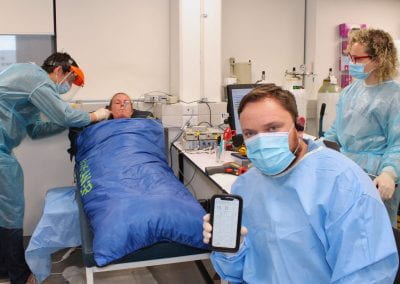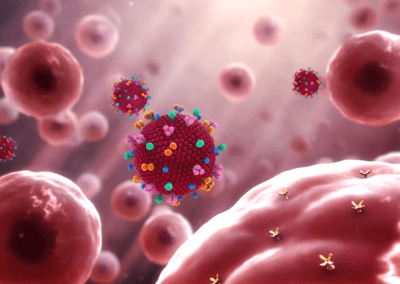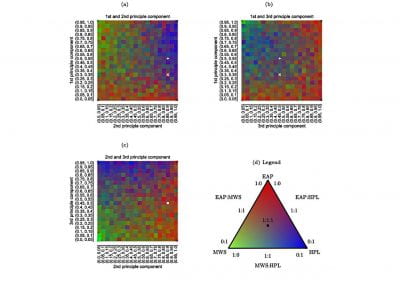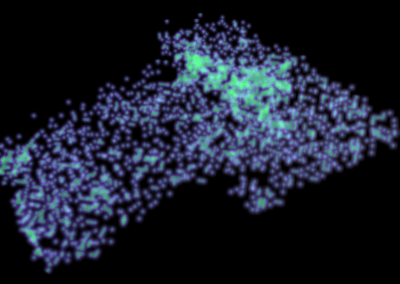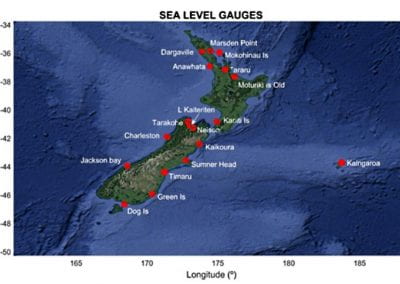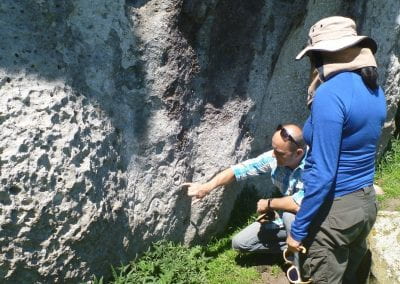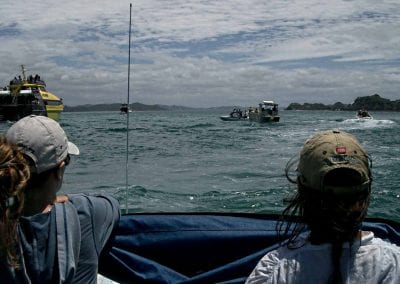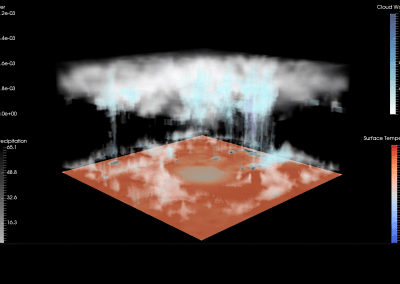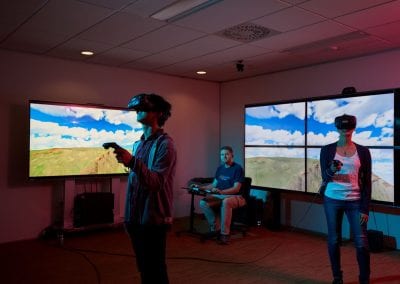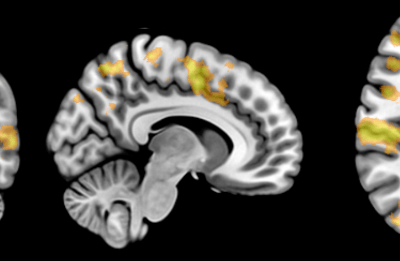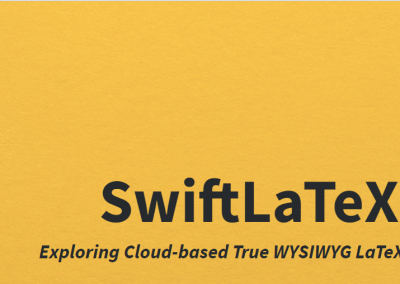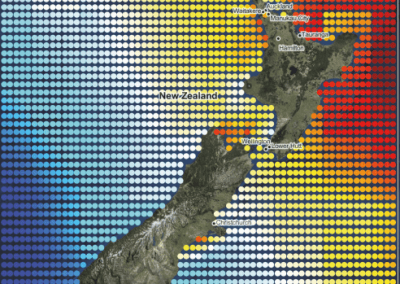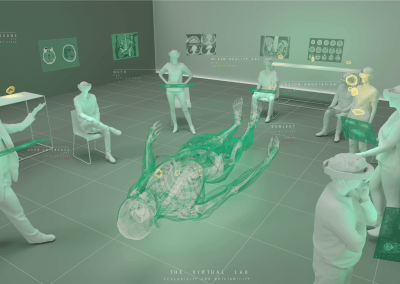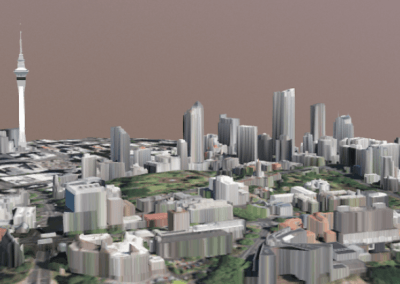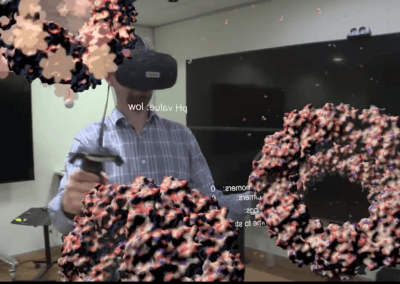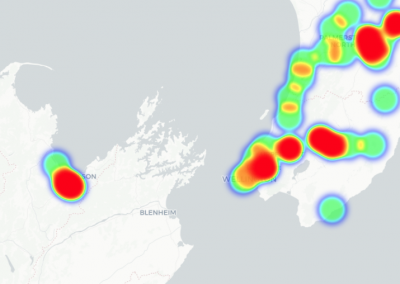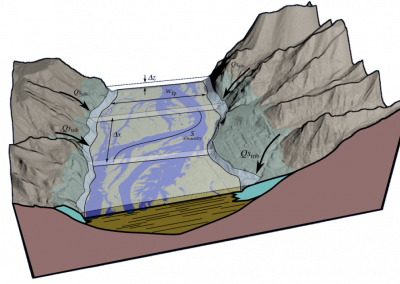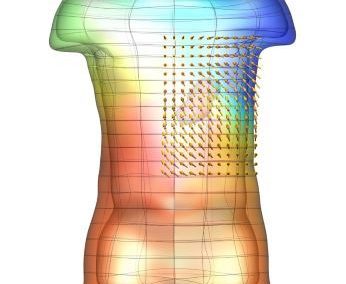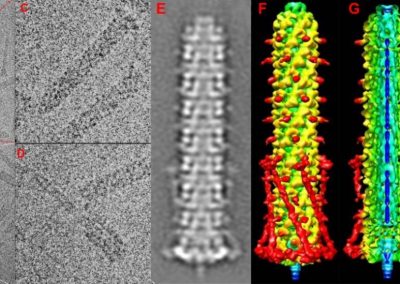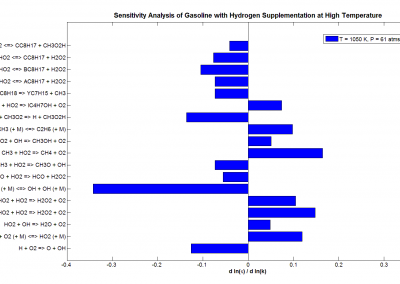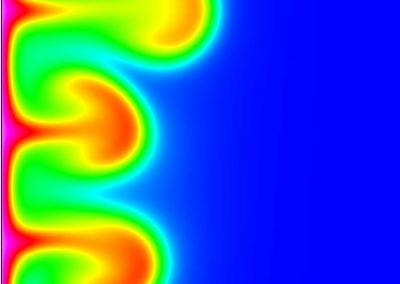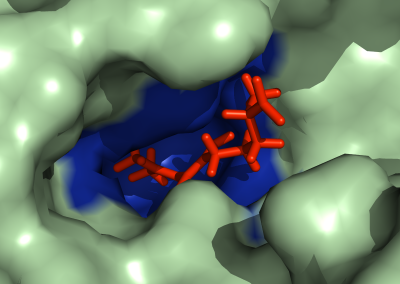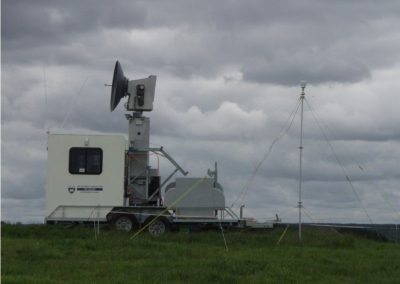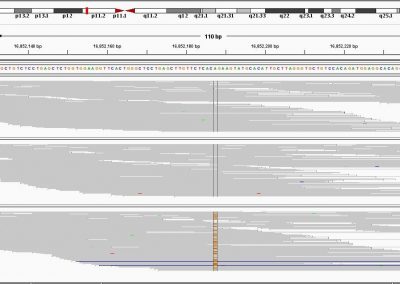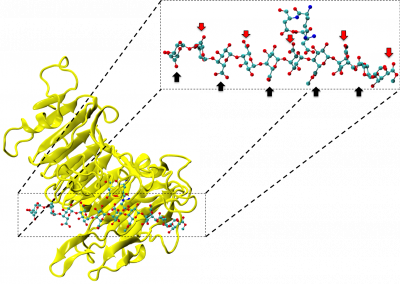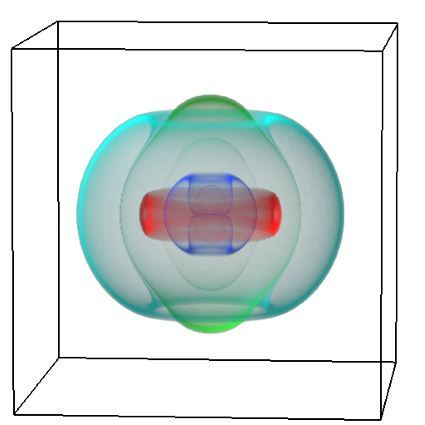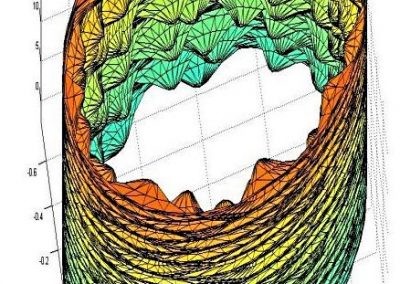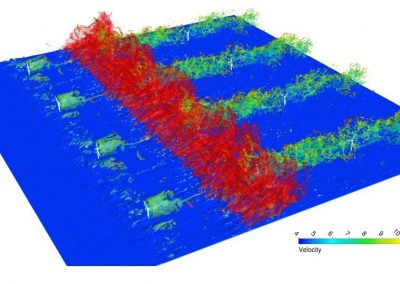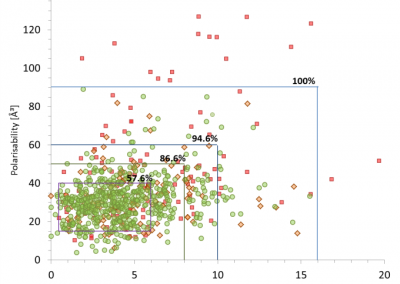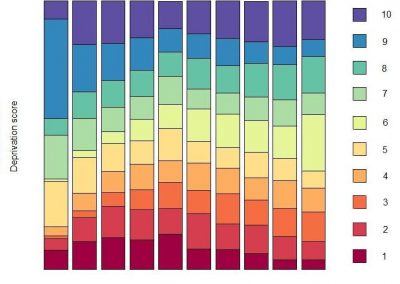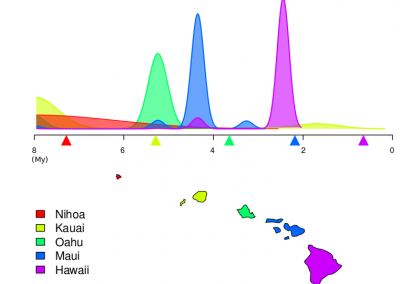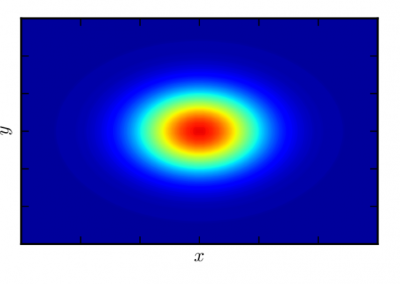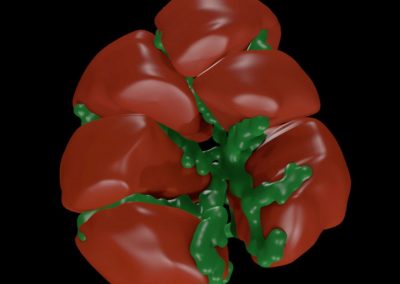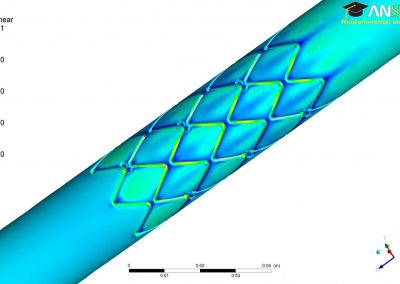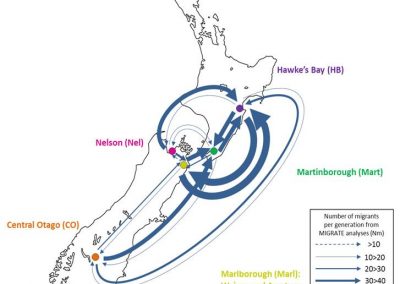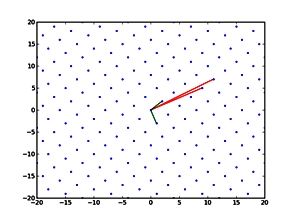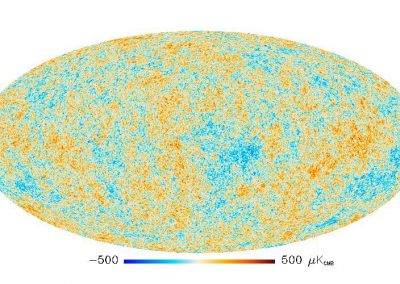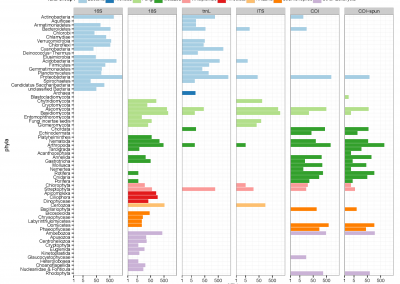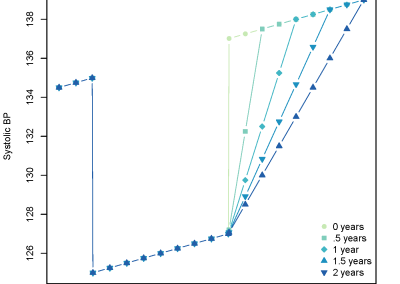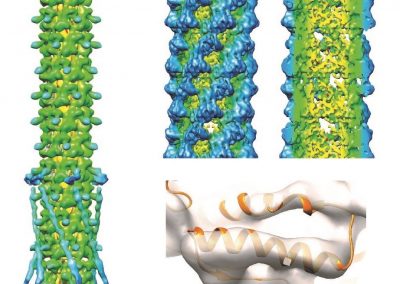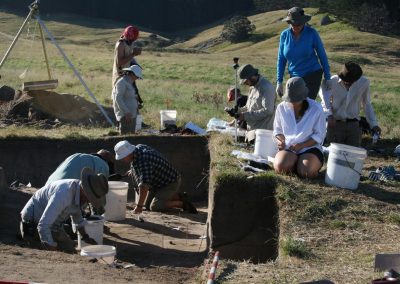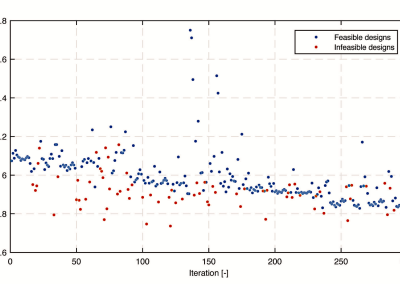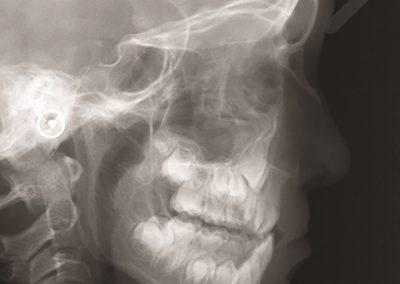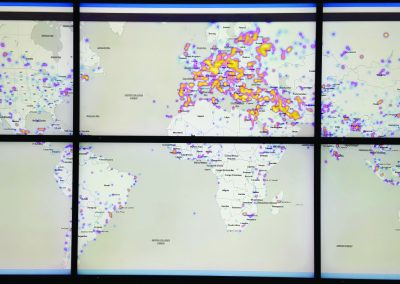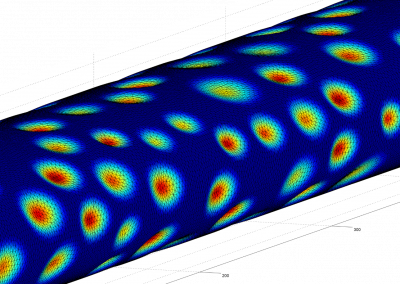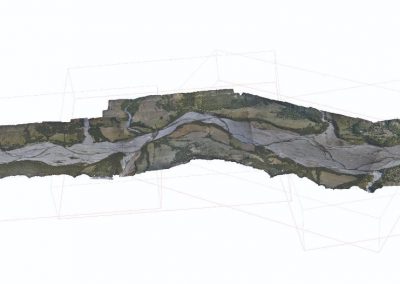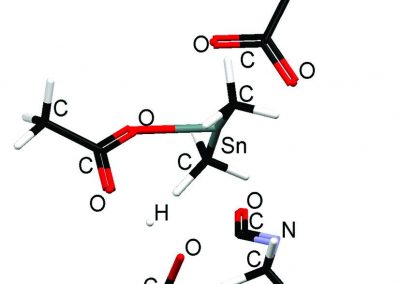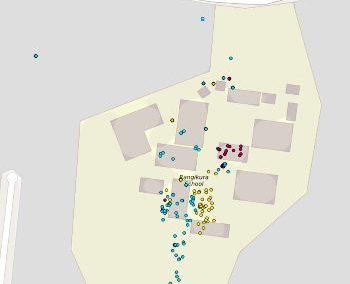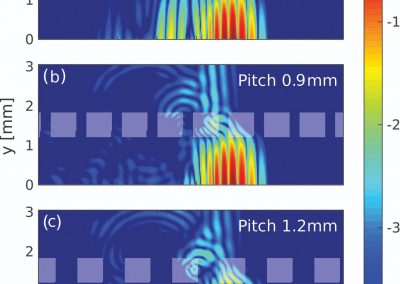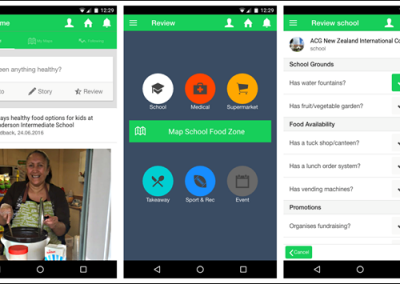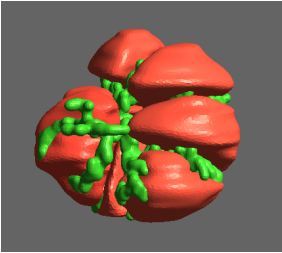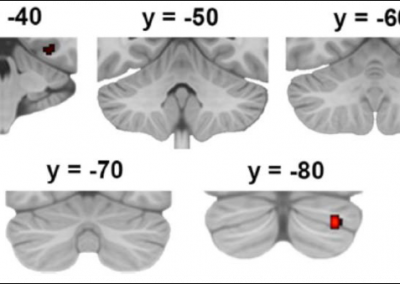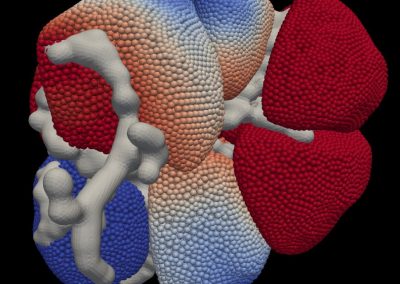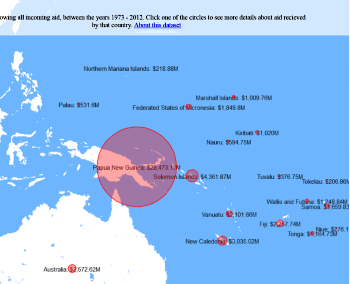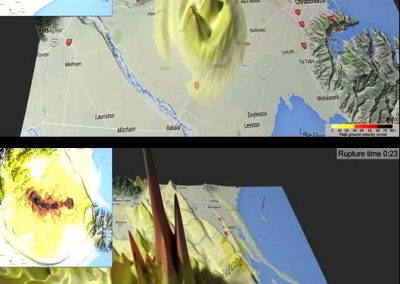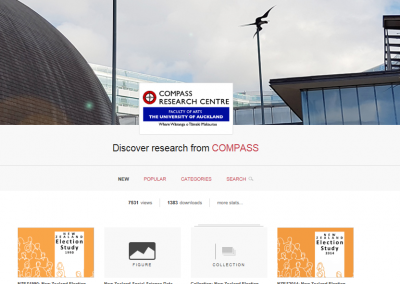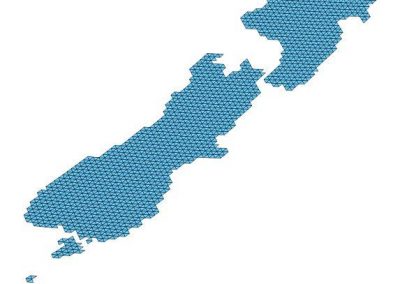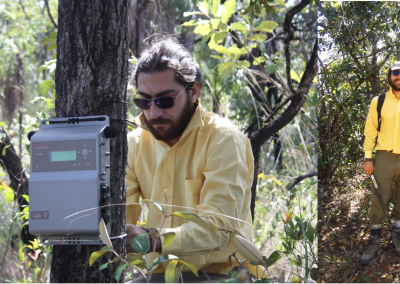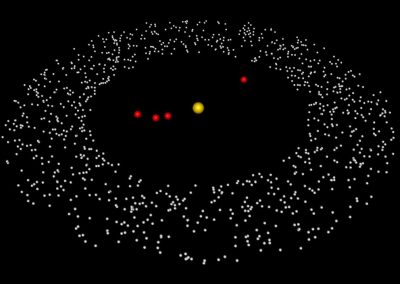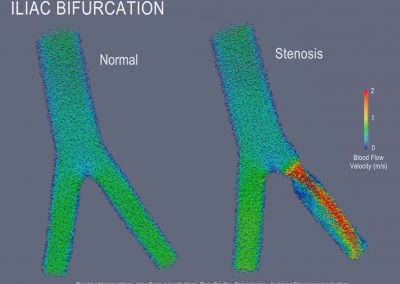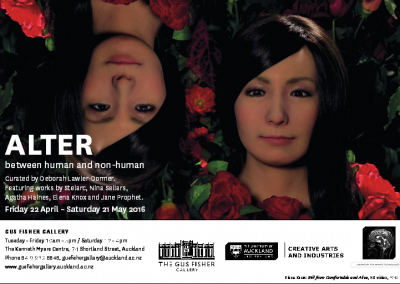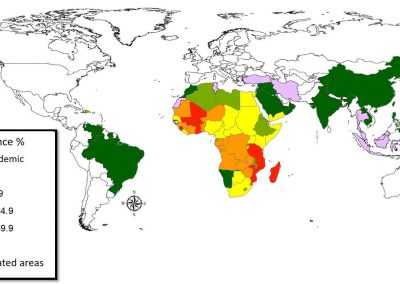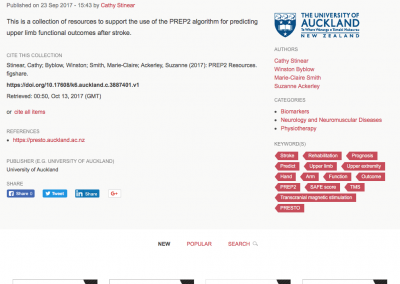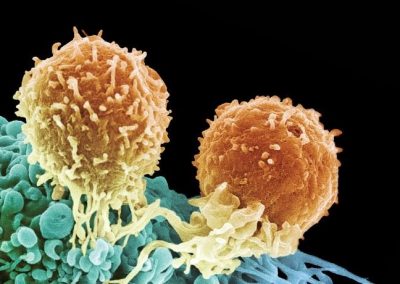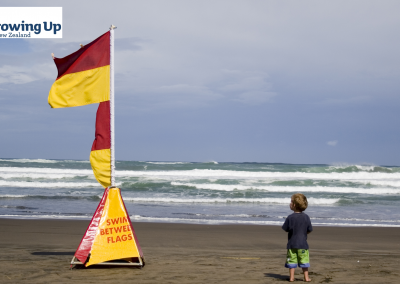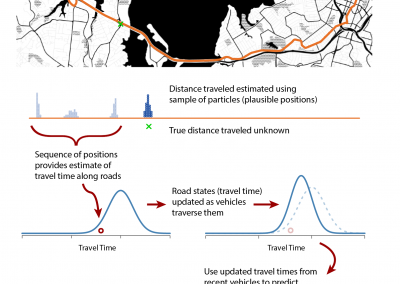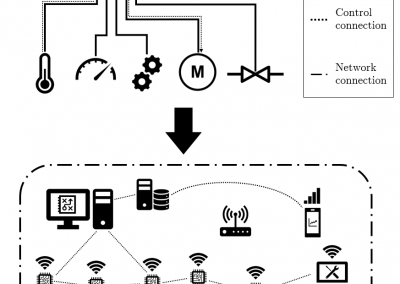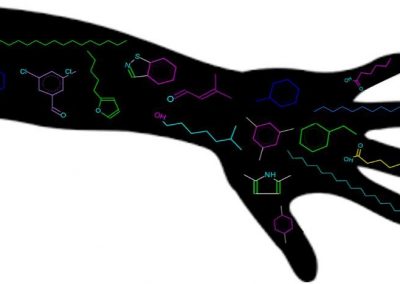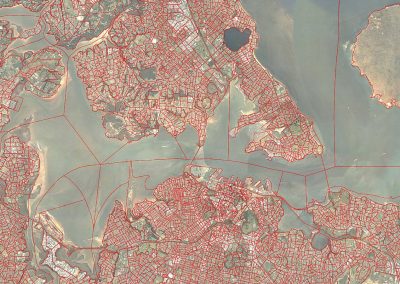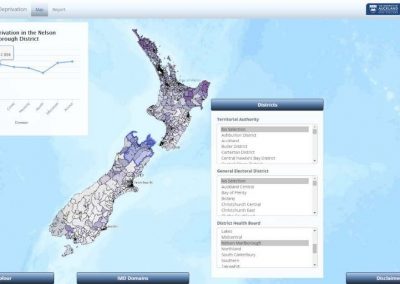
Pacific Rheumatic Fever Project
Research team: Research Fellows: Dr Siobhan Tu’akoi1, Dr Samuela Ofanoa1. Senior researchers: Dr Malakai Ofanoa1, Professor Felicity Goodyear-Smith2. Clinical experts: Dr Hinamaha Lutui3, Dr Maryann Heather1,4. Leader of Pacific People’s Health Advisory Group: Rose Lamont.Etu Pasifika Ltd, Auckland, New Zealand.
1. Pacific Health Section, School of Population Health, University of Auckland.
2. Department of General Practice and Primary Health Care, School of Population Health, University of Auckland.
3. Alliance Health Plus, Auckland, New Zealand.
4. Etu Pasifika Ltd, Auckland, New Zealand.
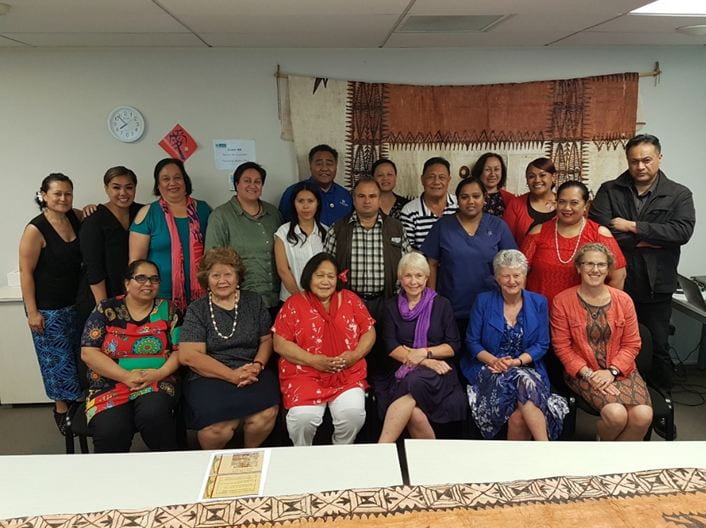
Figure 1: PPHAG, PPBRN and University of Auckland researchers
he Pacific People’s Health Advisory Group (PPHAG) and the Pacific Practice-Based Research Network (PPBRN) are working together to address health inequities faced by Pacific communities in South Auckland. PPHAG is comprised of South Auckland community members from a range of age groups, Pacific ethnicities and professions. It aims to identify where research is most needed for Pacific communities in South Auckland. PPBRN was established through Alliance Health Plus, a Pacific-led Primary Health Organisation; and each general practice designated a staff member to act as a research officer such as a general practitioner, nurse, or manager. Senior researchers from the University of Auckland then collaborated with PPHAG and PPBRN to provide training on different Pacific methodologies and how to ask meaningful research questions. What resulted from this process was a series of priority research questions developed by the community members and practices. The first research priority related to ensuring Pacific people could access and take medication to prevent gout, and this project is underway. The second research priority identified was reducing the inequitable rheumatic fever burden faced by Pacific communities, particularly in South Auckland.
Background of rheumatic fever
Rheumatic fever is an autoimmune condition that occurs in response to an untreated Group A Streptococcus throat or skin infection, primarily affecting children aged 4-19 years. Recurrent episodes of rheumatic fever can cause permanent damage to heart valves, heart failure and even death. Māori and Pacific people in Aotearoa New Zealand experience some of the highest rates globally, with Pacific children 80 times more likely to be hospitalised for rheumatic fever and Māori children 36 times more likely than non-Māori, non-Pacific children.
Project aims and objectives
The project aims to co-develop, implement and evaluate an innovative intervention to reduce rates within Pacific communities in South Auckland. The objectives are:
To determine the burden of GAS infections, acute rheumatic fever, and rheumatic heart disease in Auckland general practices, comparing Pacific, Māori, and non-Pacific non-Māori groups.
To co-design a novel approach to prevent GAS infections progressing to rheumatic fever within Pacific communities in South Auckland.
To evaluate the implementation and effectiveness of the co-designed intervention using an implementation science approach.
To create an implementation framework that can guide future implementation roll-out within other settings in NZ.
Fa’afaletui framework
This project utilises the Samoan Fa’afaletui paradigm – a way of facilitating the gathering and critical validation of different knowledge types. It centres on fa’a, the ways of sharing and validating knowledge from different groups or fale (houses), and tui, weaving these together to reach a consensus. Collective decision-making and mutual respect are key principles both in a traditional fa’afaletui and when applied in a research sense. The method allows researchers and participants to work together towards a shared goal, ensuring that all voices, opinions, and conflicting perspectives on a serious topic are discussed in a respectful manner.
Co-design workshops 2022
A series of co-design workshops with PPHAG and PPBRN are currently underway. Although originally designed as in-person workshops, we shifted to an online zoom format due to COVID-19 restrictions and based on the preferences of our groups. Two community co-design workshops were held so far in 2022. Workshop One included an interactive session between community members and Pacific health professionals about what rheumatic fever is and how it presents within clinics in South Auckland. To inform the workshops’ participants, a scoping review was undertaken to take stock of previous interventions in New Zealand. The research team then led discussions on these interventions and explored the incidence rates in NZ over time. Participants were then split into smaller groups for further discussion and to start brainstorming ideas about what might work in their community. Workshop Two built on these ideas and participants started to refine specific interventions including who would deliver it, the costs involved and how it could be evaluated. Group members spoke passionately throughout the workshops of their own experiences with rheumatic fever and the challenges of accessing healthcare. Co-design workshops will continue until a final intervention is reached and can be tested. This will be complemented by discussions with an expert advisory group to ensure that the final intervention is feasible and appropriate. PPHAG and PPBRN will be actively involved in the implementation and evaluation stages, serving as champions. This will help to facilitate intervention uptake and ensure barriers are identified and addressed.
Addressing rheumatic fever will not only improve health outcomes for Pacific families and communities but will also have long-term benefits for reducing hospitalisations and health system related costs in NZ. Community-led approaches such as outlined in this project are needed in each context to ensure interventions are appropriate, relevant, and effective for the local community.
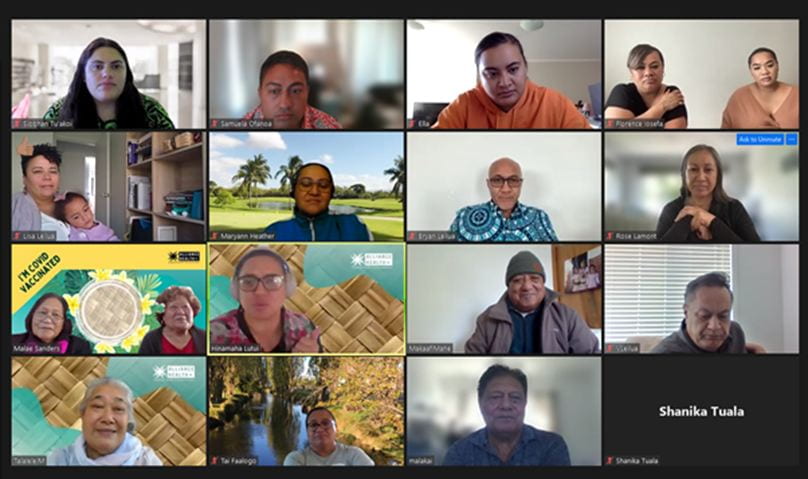
Figure 2: A zoom workshop with PPHAG and PPBRN
Reference
- Tu’akoi, S., Ofanoa, M., Ofanoa, S., Lutui, H., Heather, M., Jansen, R. M., van der Werf, B. & Goodyear-Smith, F. (2022). Co-designing an intervention to prevent rheumatic fever in Pacific People in South Auckland: a study protocol. International Journal for Equity in Health, 21(1), 1-6.
- Tu’akoi, S., Ofanoa, M., Ofanoa, S., Lutui, H., Heather, M., Jansen, R. M. & Goodyear-Smith, F. Addressing rheumatic fever inequities in Aotearoa New Zealand: A scoping review of prevention interventions. Journal of Primary Heath Care. 2022 In Press.
See more case study projects

Our Voices: using innovative techniques to collect, analyse and amplify the lived experiences of young people in Aotearoa
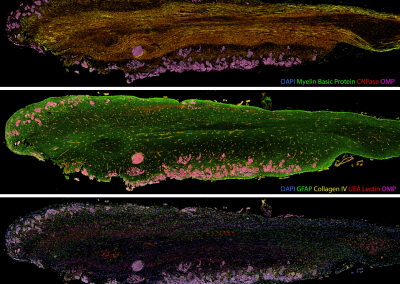
Painting the brain: multiplexed tissue labelling of human brain tissue to facilitate discoveries in neuroanatomy
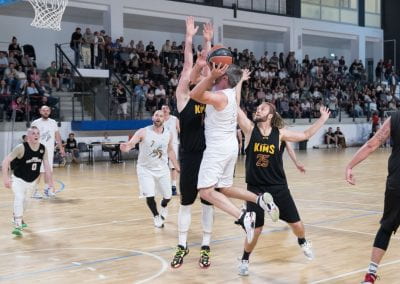
Detecting anomalous matches in professional sports: a novel approach using advanced anomaly detection techniques
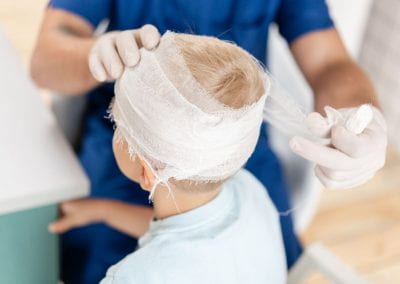
Benefits of linking routine medical records to the GUiNZ longitudinal birth cohort: Childhood injury predictors
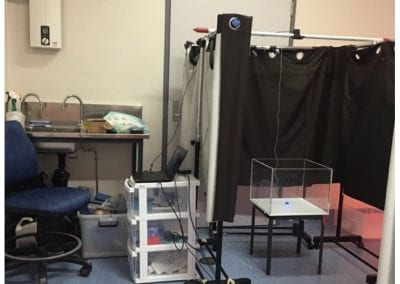
Using a virtual machine-based machine learning algorithm to obtain comprehensive behavioural information in an in vivo Alzheimer’s disease model
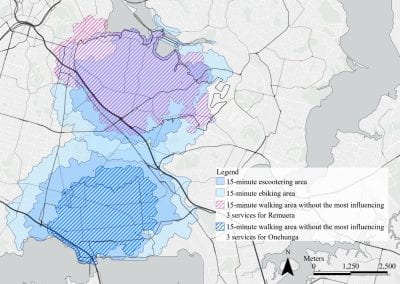
Mapping livability: the “15-minute city” concept for car-dependent districts in Auckland, New Zealand
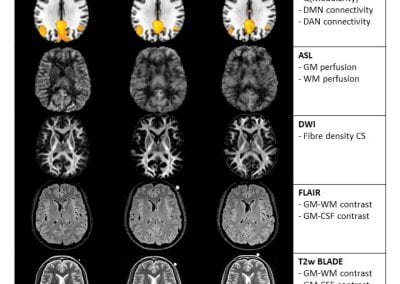
Travelling Heads – Measuring Reproducibility and Repeatability of Magnetic Resonance Imaging in Dementia
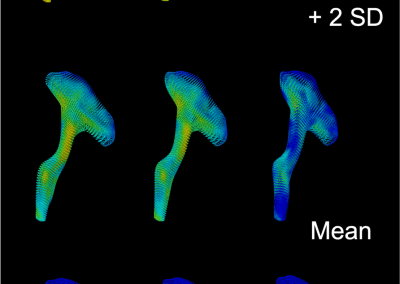
Novel Subject-Specific Method of Visualising Group Differences from Multiple DTI Metrics without Averaging

Re-assess urban spaces under COVID-19 impact: sensing Auckland social ‘hotspots’ with mobile location data
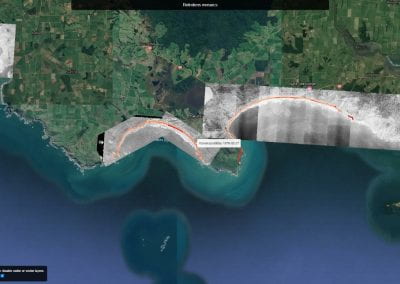
Aotearoa New Zealand’s changing coastline – Resilience to Nature’s Challenges (National Science Challenge)
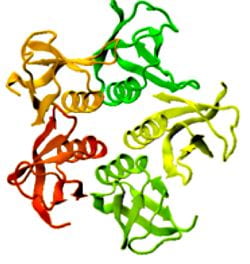
Proteins under a computational microscope: designing in-silico strategies to understand and develop molecular functionalities in Life Sciences and Engineering
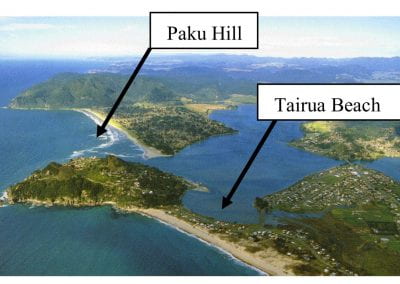
Coastal image classification and nalysis based on convolutional neural betworks and pattern recognition
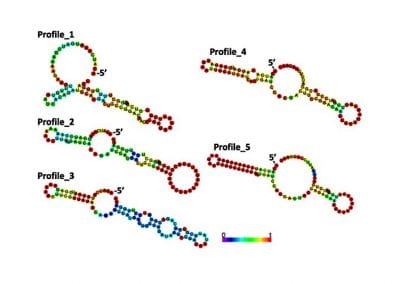
Determinants of translation efficiency in the evolutionarily-divergent protist Trichomonas vaginalis
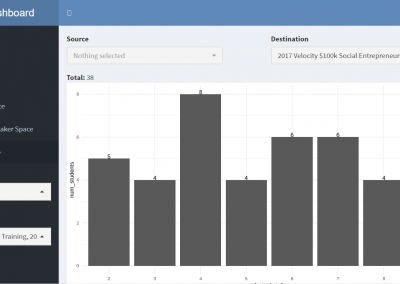
Measuring impact of entrepreneurship activities on students’ mindset, capabilities and entrepreneurial intentions

Using Zebra Finch data and deep learning classification to identify individual bird calls from audio recordings
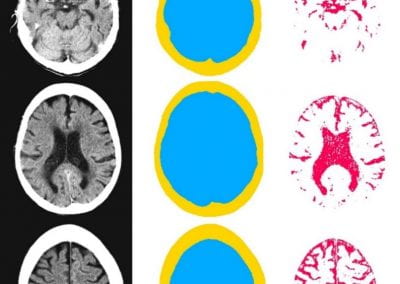
Automated measurement of intracranial cerebrospinal fluid volume and outcome after endovascular thrombectomy for ischemic stroke
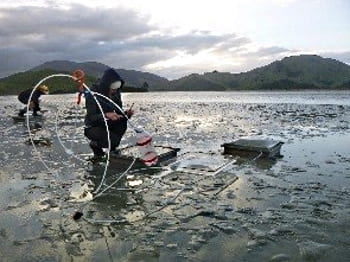
Using simple models to explore complex dynamics: A case study of macomona liliana (wedge-shell) and nutrient variations
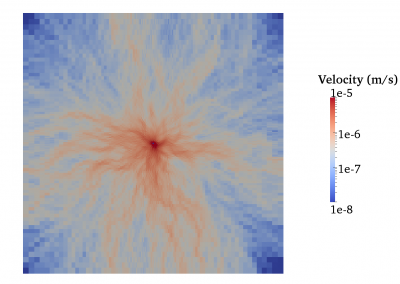
Fully coupled thermo-hydro-mechanical modelling of permeability enhancement by the finite element method
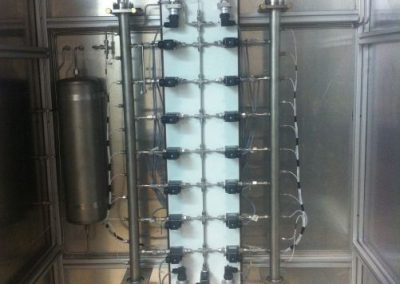
Modelling dual reflux pressure swing adsorption (DR-PSA) units for gas separation in natural gas processing
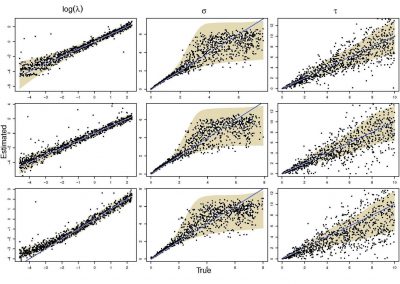
Molecular phylogenetics uses genetic data to reconstruct the evolutionary history of individuals, populations or species
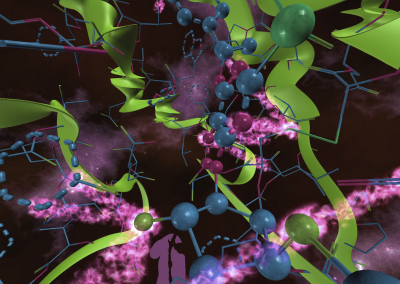
Wandering around the molecular landscape: embracing virtual reality as a research showcasing outreach and teaching tool













